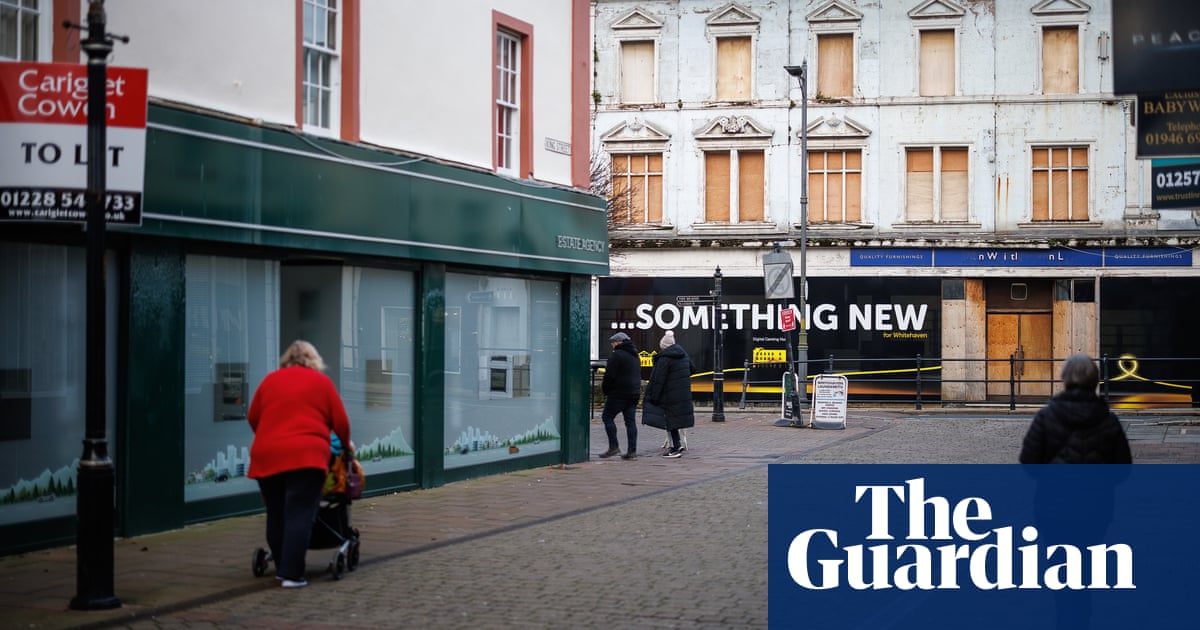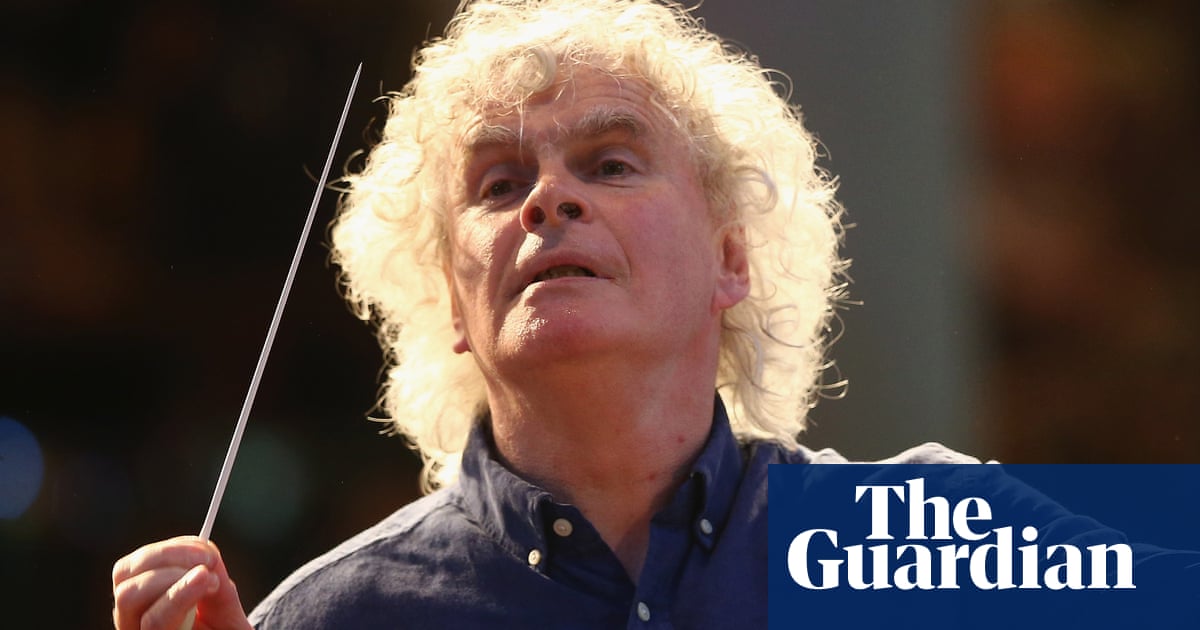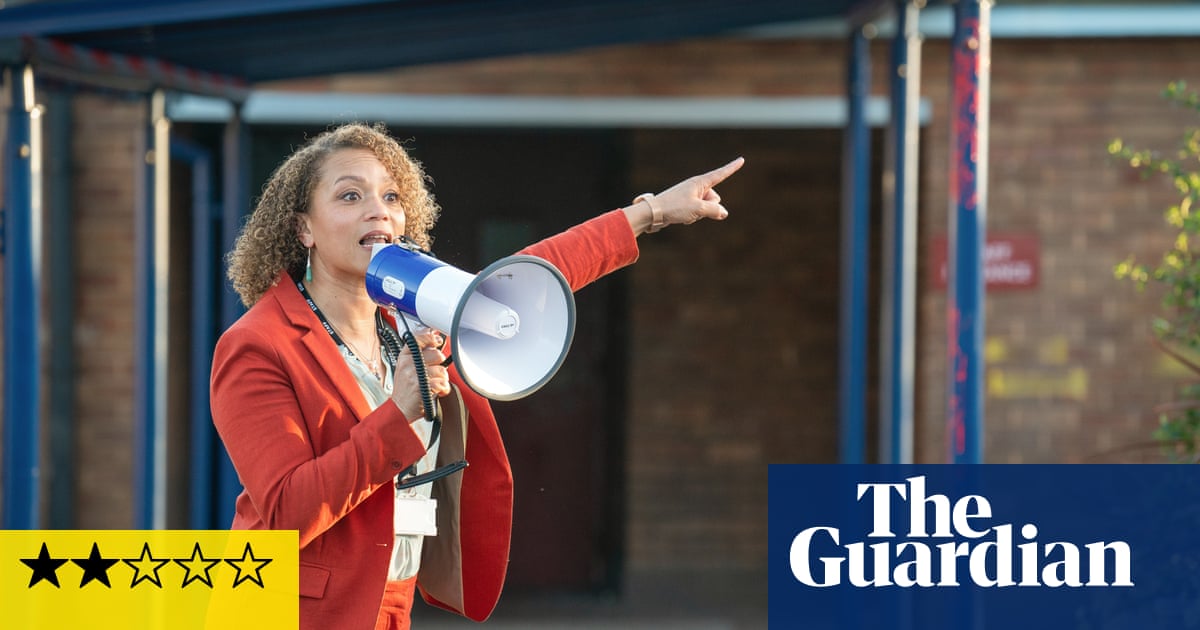
sk any black person in the UK how they are feeling, and they will probably tell you they are exhausted. Aside from the usual struggles of being black in Britain, we’ve found our inboxes filled with messages from white people discovering racism for the first time, apologising for their complicity or stating passionately that they must do better. We know it comes from a good place, but your white guilt has become black admin.
The plus side is that it shows there seems to be a genuine shift in the conversation. However, I worry that many individuals and companies don’t know what real solidarity is. It was just a few weeks ago that vast swathes of the British TV industry were flooding their social media feeds with black squares and statements of solidarity. Unsurprisingly, with the industry’s poor track record on diversity, the vast majority of us met this with side-eye (the black equivalent to a raised eyebrow), knowing that it would probably mean little more than a few extra jobs for black and brown actors.
This isn’t enough; the issue runs deeper than that. To show the progress that still needs to be made, this week more than 4,000 creatives, mostly from minority ethnic backgrounds, myself included, signed an open letter to the TV industry, urging broadcasters to implement real change to address the deep-rooted racism in our industry.
It is a racism that’s so entrenched that even white people who love Kendrick Lamar play an unconscious role in it. So insidious that people of colour find themselves doubting whether it’s tangible enough to call out. So embedded that there are even people of colour who are so lost in the systematic racism sauce that they end up perpetuating it further, often working against you, rather than with you – a Priti Patel or a Trevor Philips, if you will.
As one of a handful – and I do mean handful – of black writers who have succeeded in having a full series of their show on British TV, I know why these changes are so important. As an actor, the lack of diversity on screen made me want to write to give people like me an opportunity, only to discover that the challenges of making it happen behind the camera were even more difficult.
When Michaela Coel gave her epic MacTaggart lecture in 2018, she spoke about how writers from ethnic and working-class backgrounds are paired with more experienced writers long before their unique stories have a chance to take shape. I had the same experience when I wrote Timewasters, a sitcom about an all-black jazz band who time travel back to the 1920s.
My production team was not subtle in their pursuit of forcing a co-writer upon me, finding ways to tell me that I couldn’t do it alone. An early moment that stood out was when I pushed to meet the expectations on a draft, only to have the executive producer so surprised at the quality of the writing that he assumed my white script editor was responsible for it. I was trusted so little that I found it easier to get a lot of my ideas through by pretending that they were either hers or co-signed by her.
This became all too clear when – without my knowledge – an episode was completely rewritten and sent to the channel with my name on it. Fortunately, they sent it back, querying why the episode focused on a peripheral white character.
The environment became a place in which failure wasn’t an option. I would find myself asking industry friends for help and advice before I went to my own team.
I was constantly aware of perceptions of me as a black person in a white space, as people of colour often are. A new colleague was open and amused enough to tell me she had been apprehensive about working with me at first as she was warned about how difficult I was. This is a common form of gaslighting that takes place across all industries, where people of colour are dismissed and undermined when requesting something that is given to their white counterparts
It’s hard to describe how unsettling it is, when representation and opportunity are so hard to come by, to have your writing experience and the story itself whitewashed. It wasn’t all bad, though. Although I eventually accepted the co-writer, I was given a brand-new production team for series two and the experience was much better. The show received a Bafta nomination, and I won an Royal Television Society award. The consensus among both production and the channel was that series two was the far stronger series.
Last year, Lenny Henry talked about how black shows on British TV often get hit by the “two-season jinx”, rarely given the opportunity to grow further. Sadly, this was the case here. The second series didn’t rate very well, which wasn’t altogether surprising as there wasn’t much publicity: halfway through the series, we were given a ¼-page advert in a newspaper. A few months later, another period sitcom on the same channel but with an all-white cast was given the full front and back pages of the same publication.
White industry people, if you have read this far, please don’t take this as an affront – this is just my experience, which I’m sharing to deepen the conversation. I have a better relationship and new projects with the very same production company, and I’m incredibly grateful to the channel for the opportunity and the support.
But in order to show real solidarity understand you will need to enact genuine change. Nurture talent from people of colour – in front of and behind the camera. Stop trying to take black art without black artists; that’s how you end up with Iggy Azalea. Trust and support rather than question and doubt our abilities to tell our stories. Be aware of overwhelming and unwelcoming white spaces as they are often experienced by people of colour, and take steps to change the environment and culture. You don’t have to, but remember your solidarity black squares have been screengrabbed.
Daniel Lawrence Taylor is an actor and writer, who was a Bafta Breakthrough Brit in 2018












